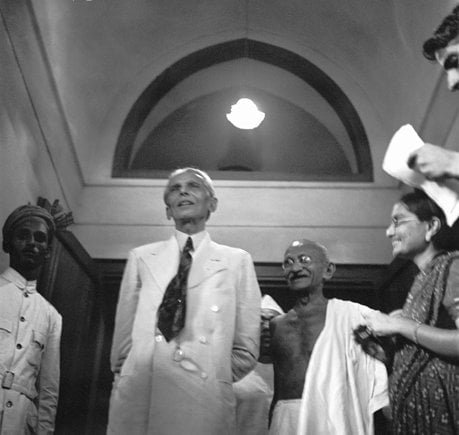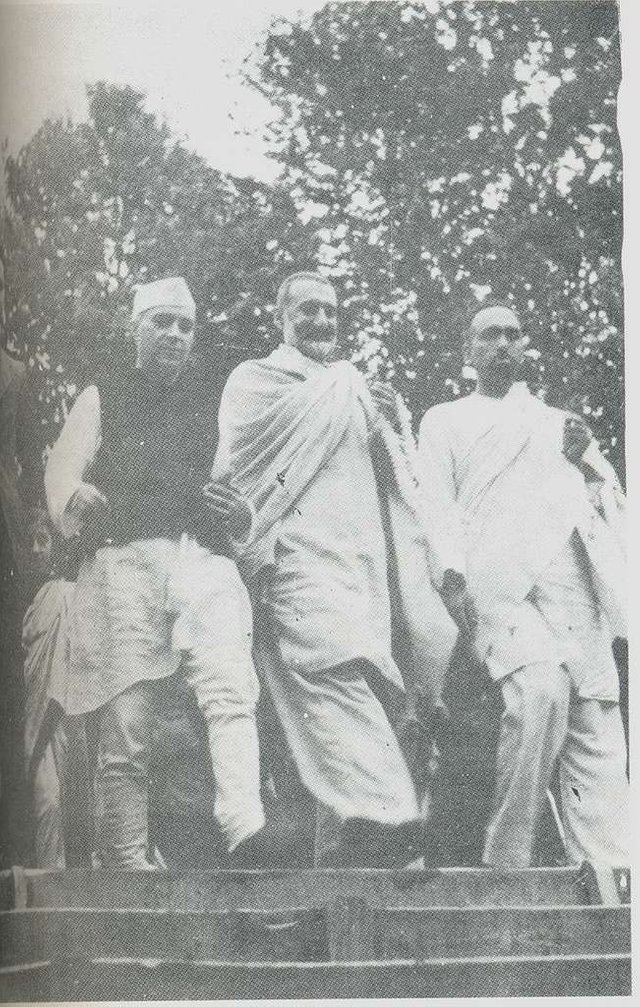"Unsung Heroes: People who changed history but remain unknown"
Greetings friends of Steemit and Hindwhale Community
The forefathers of Muhammad Ali Jinnah, the founding father of Pakistan, were Hindus belonging to the Lohana caste from Gujarat.
Muhammad Ali Jinnah was born in Karachi, Pakistan (then part of India), on December 25, 1876.
At the time of his birth, Jinnah's official name was Mahomedali Jinnahbhai.
But Jinnah's mother, Mithibai, convinced her delicate infant would one day achieve great things. Jinnah's father, Jinnahbhai Poonja, was a merchant and exporter of cotton, wool, grain and a range of other goods.
His academic career in school was checkered. He not only changed schools but he traveled to Bombay also in his early childhood.
At his mother's request, the 15-year-old Jinnah got married to his 14-year-old bride, Emibai, in February 1892.
He left for London. He departed Karachi in January of 1893. His wife died a few months later.
Soon after his arrival in London, he enrolled to study law, His father gave him enough money to run three years.
In June of 1893 Jinnah joined Lincoln's Inn to prepare for the legal exam.
Jinnah graduated in May of 1896 at a very young age. Jinnah moved to Bombay in August 1896 and started law practice as a barrister in Bombay's high court.
He joined the congress in 1906. Jinnah attended a meeting of the All India Muslim League in 1912, prompting him to join the League the following year.
The country was Partitioned on 14th August 1947. 18th July, the King of Britain approved the plan of Partition when he approved the Indian Independence Act.
Before this, on 5th July, the British Parliament passed the Indian Independence Act. It was known as the Mountbatten Plan.
"To my great regret, it has been impossible to obtain an agreement. To live against their will, under a government in which another community has an authority, and the only alternative to coercion is Partition."
Until the very end, there remained only two famous leaders that was completely against the Partition. One of them was Mahatma Gandhi, and the other was Khan Abdul Ghaffar Khan, other Congress leaders like Sardar Patel and Jawaharlal Nehru had accepted this plan of partition on 3rd June.
Gandhi met Mountbatten on 1st April 1947. Desperately trying to avoid the Partition.
Gandhi was so desperate to avoid a Partition that he offered Jinnah the position of Prime Minister. Mountbatten approached Nehru. Nehru said that it was offered to Jinnah before. And Jinnah had already rejected it. Jinnah rejected the offer again when it was offered to him.
When he came to India for the first time, the then Prime Minister of the UK, Clement Atlee had advised him to try to avoid the Partition.
The Viceroy before Mountbatten was Archibald Wavell. He was the Viceroy of India from 1943 to March 1947.
Wavell was actually among the people that were trying to avoid the partition. He didn't actually want the Partition of India. His Simla Conference and Wavell Plan of June 1945, shows his efforts.
Our problem actually began with the Viceroy before Wavell. He was the person that created the problems.
Then, the Congress leader, Muhammad Ali Jinnah was opposing it too. The same Jinnah that later supported the Partition. But till this point in time, Jinnah was completely against separate electorates. He believed that this will lead to the country being divided into two.
Before I conclude I would like to invite three fellow Steemians to participate in the contest
@zulbahri
@eveetim
@georgitsachev
Thank you for reading my post.

